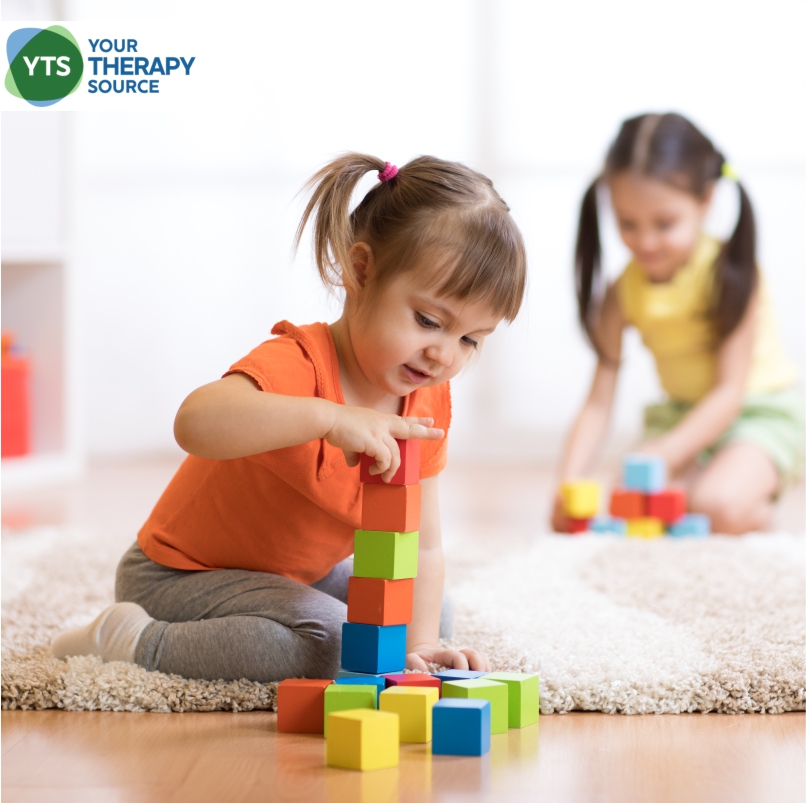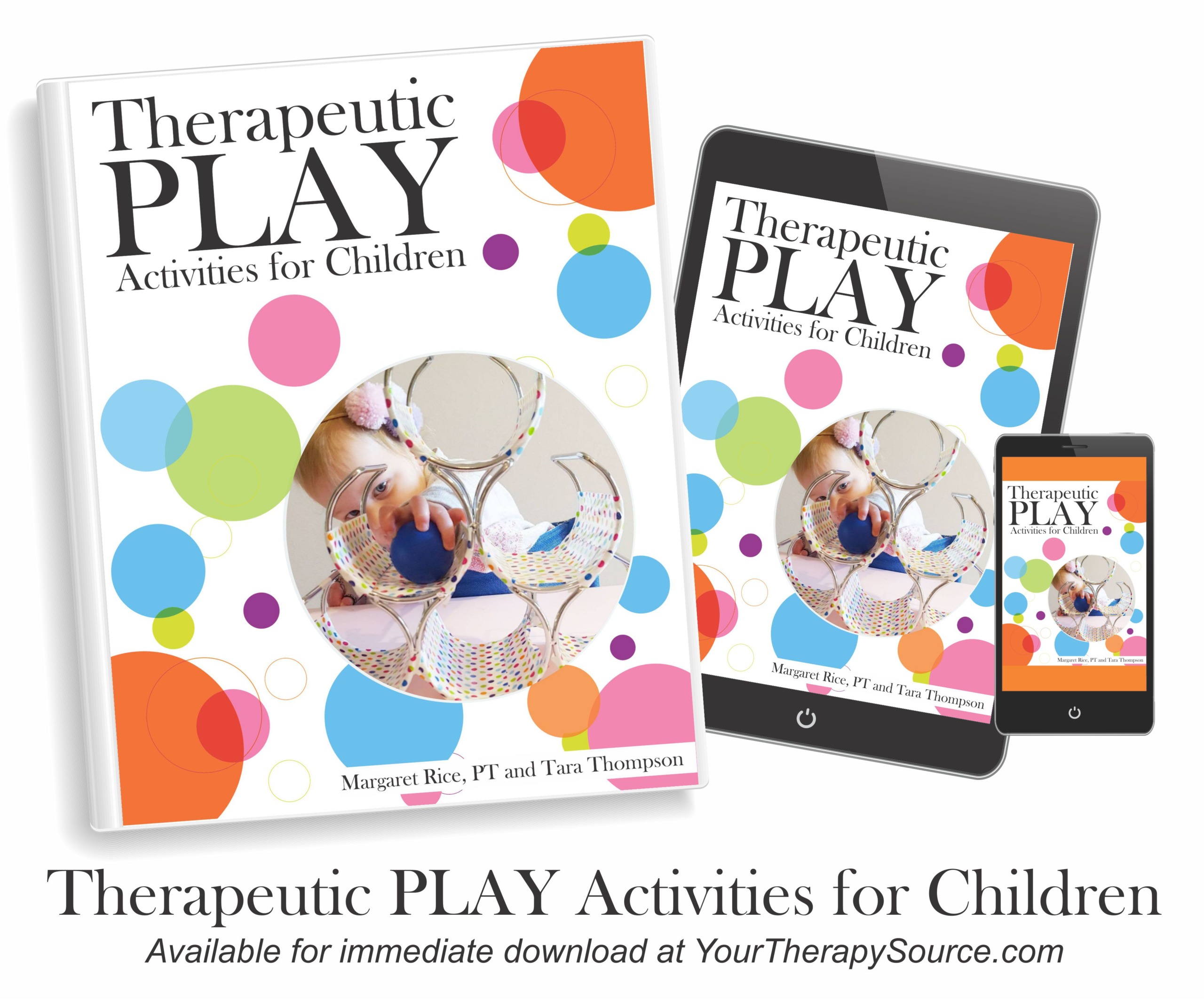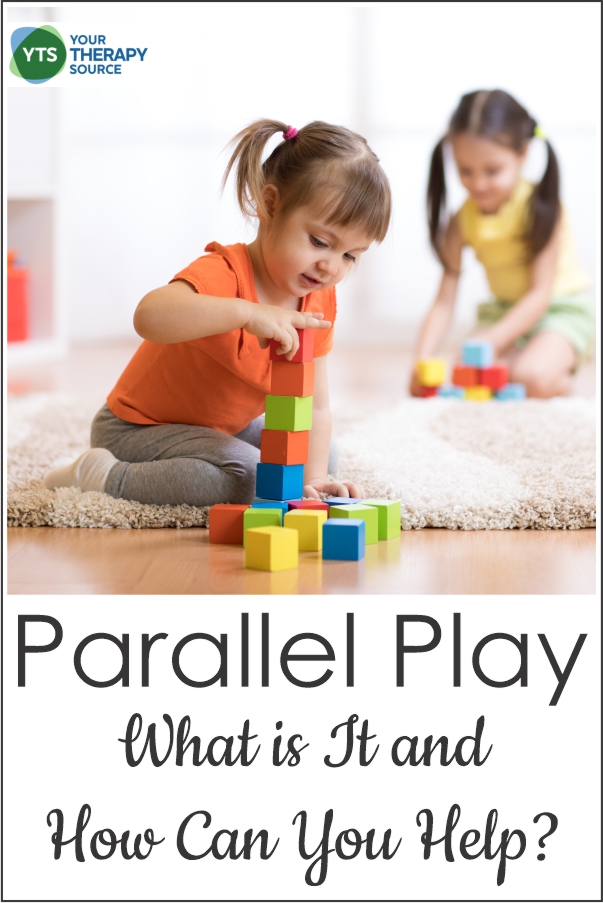Parallel Play – What is It and How Can You Help?
Perhaps you’ve been around a young child before, but you’re still concerned about the way they play. They sit next to other kids with their blocks or trucks, but you don’t see them making much effort to interact. You might be at ease now, knowing that your kid is actually just fine. There are different stages of play and parallel play is one of those stages.

This is a natural and important stage of development called parallel play.
In fact, it’s one of six stages of play that occur as a child moves from solitary play to cooperative play with coordinated activities, communication, and rules. Each child is different, but parallel play usually emerges when they’re about 2 or 3 years old.
Your child may look like they’re just having fun, but these activities also help them to learn and grow.
Many parents try to avoid parallel play — after all, it doesn’t look like “normal” play. Yet research has shown that parallel play is a significant part of human development and can be very beneficial for certain skills. Learn more about the benefits of parallel play and how to encourage it.
How to Encourage Parallel Play:
- Understand the stages of play. As your child grows, they’ll be able to engage in a wider variety of play. Keep in mind that each stage is valuable, and your child will probably shift between them daily. Your child may just want to pour sand one day and build a sand castle the next day. Remember solitary play is still important even as children get older.
- Stimulate curiosity. Children will probably be more enthusiastic if they think it’s their idea. Instead of asking them to play with another child, use comments and questions that will make them want to engage. Asking and answering questions is an excellent way to develop executive functioning skills in children.
- Demonstrate activities. Showing is usually more effective than telling. Start making things out of play dough and see if the kids join in.
- Take turns. Sharing can be a challenging concept for humans of all ages. Use parallel play to introduce the idea of taking turns. Try to make it into a game.
- Stay present. Children will move at their own pace. However, keeping them in the same room or general area creates more opportunities for parallel play.
- Schedule playdates. Most children are ready for playdates to work on social skills starting around their second birthday. Start out with just one guest and limit the time to about one or two hours.
- Practice at home. If your child needs to warm up to the possibility of playing with others, let them start with people they know. Sitting alongside a parent or sibling can help prepare them for friends their own age.
Other Playtime Tips:
- Share daily activities. Do you wish you had more time to create enriching experiences for your child? Invite them along as you go grocery shopping and make dinner. Ordinary tasks can be just as fun and beneficial for young children as any expensive educational game.
- Talk more. Chatting with your child enhances your child’s development when it comes to language and communication skills, especially during the first few years of life. Listen to their questions and keep up a conversation as you play ball or draw pictures. Describe objects around you.
- Limit screen time. The American Academy of Pediatrics warns that too much screen time can interfere with time to play, talk, and sleep. Read more on the risks associated with excessive screen time and recommendations for healthy screen time here.
- Get moving. Most experts recommend at least 30 minutes of vigorous activity a day for toddlers. They also need to avoid being sedentary for more than 60 minutes at a time, so take a break during long car trips. Head outdoors – it is the easiest way to add in movement for young children.
- Inspire creativity. Playtime is also an occasion for you and your child to enjoy the arts. Exercise your imagination by using recycled materials from around the house for crafts – check out this homemade peg toy. Entertain yourselves with word games while traveling or waiting at the doctor’s office.
- Be flexible. While there are serious benefits, remember to keep playtime fun.
As your child develops, each stage of play helps them to build their mental, physical, and social skills. Provide them with the encouragement and support they need to grow up happy and healthy. Let your child explore the world in their own way and talk with your pediatrician or pediatric OT or PT if you have any questions or concerns.
Resource for Therapeutic Play

Therapeutic Play Activities for Children digital download includes 100 play activity pages and 12 tip sheets. The play activities encourage the development of fine motor skills, bimanual skills, rolling, crawling, tall kneeling, standing balance and cruising with a strong focus on children with cerebral palsy.
RELATED POSTS
Play Quotes to Remind Us Why Play is So Important





